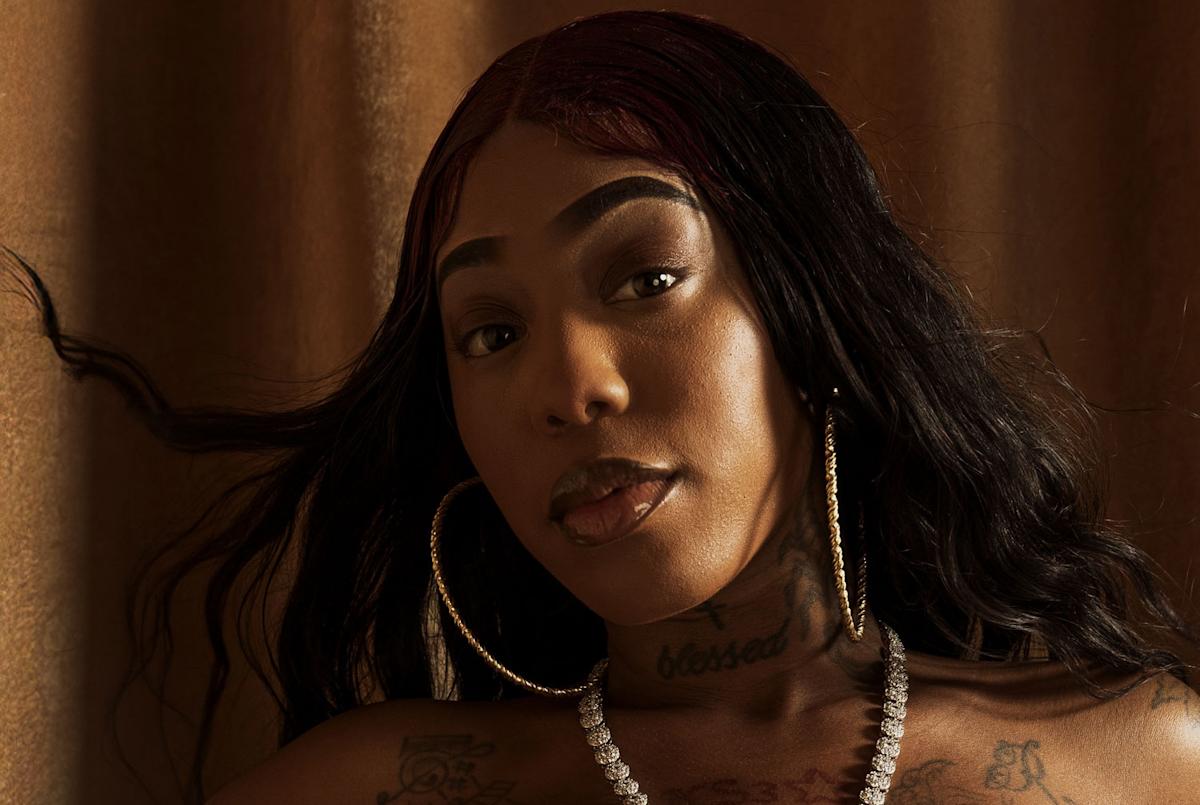Now Reading: The Diddy allegations are shocking. Were they also business as usual?
-
01
The Diddy allegations are shocking. Were they also business as usual?
The Diddy allegations are shocking. Were they also business as usual?

Before Sean “Diddy” Combs faced serious legal issues in late 2022, a man in Los Angeles approached Tanea Wallace with an opportunity. The man was a scout for Soft White Underbelly, a YouTube channel by photographer Mark Laita focusing on people dealing with challenges like abuse and addiction. Wallace, an aspiring singer who occasionally did sex work for money, accepted the offer and shared her story for $300, sitting in front of Laita’s camera. She recounted an incident from 2018 where a prince from Brunei flew her to Miami under the guise of helping her music career. At a party hosted by Combs on Star Island, Wallace witnessed unsettling scenes like topless waitresses serving drinks by the pool and partygoers engaging in intimate acts. Wallace claimed that Combs began masturbating in her presence. When Combs and Prince Abdul Azim of Brunei proposed flying with them to Cuba the next day, Wallace decided to leave the party and return home to Los Angeles.
After the Soft White Underbelly interview was released on Dec. 31, 2022, drawing over 75,000 views on the first day, Wallace’s story shed light on the normalized acceptance of Combs’s lifestyle, often overlooked in the industry. Combs faces intense scrutiny following accusations by former girlfriend Cassie Ventura, leading to multiple lawsuits, an arrest, and a federal investigation alleging his involvement in a sex trafficking ring. Combs, currently in jail awaiting trial, is accused of coercing women into drug-fueled group sex parties that he filmed for his own entertainment and later used to manipulate participants. If convicted, Combs could potentially face life imprisonment.
Despite denying the allegations, over 70 sexual assault lawsuits have been filed against Combs by men and women, including sex workers and individuals attempting to break into the music and fashion sectors. Some accusers claim Combs used hush money and nondisclosure agreements (NDAs) to ensure their silence. Combs’s behavior, including incidents like firing a gun in a nightclub and assaulting record executive Steve Stoute, has been publicly documented. The use of NDAs within the music industry has enabled powerful figures to act with impunity, concealing abusive behaviors and exploitation.
Combs’s alleged misconduct has prompted a broader conversation within the music industry about the prevalence of NDAs and the protection of victims. Industry figures are advocating for increased safeguards and accountability to prevent further abuses. The hope is that by addressing these systemic issues, the industry can create a safer environment for all individuals involved.




